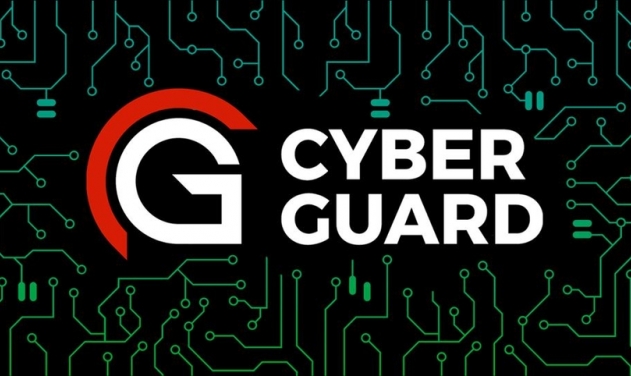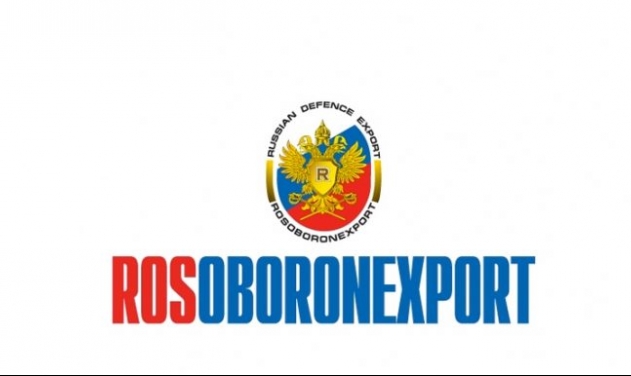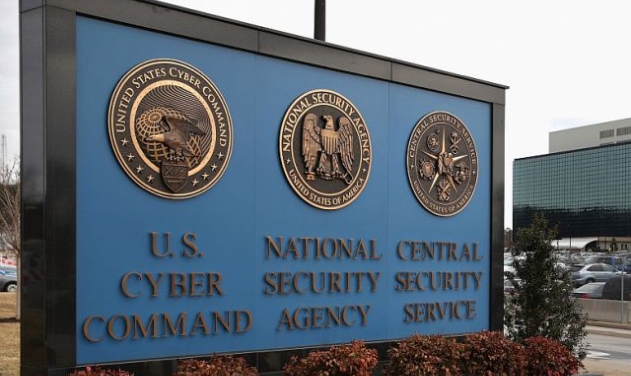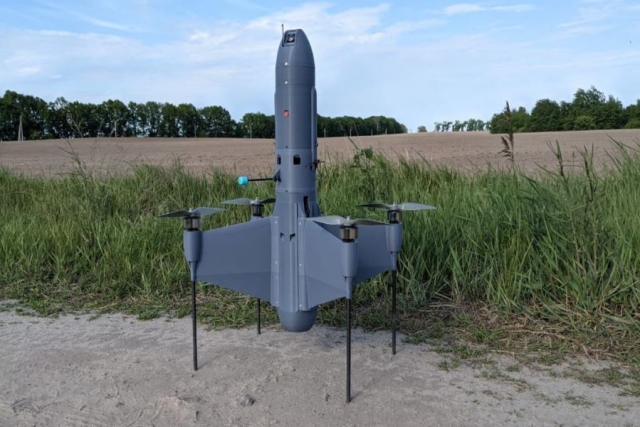European Union Tests Response Capability To Cyber Attack
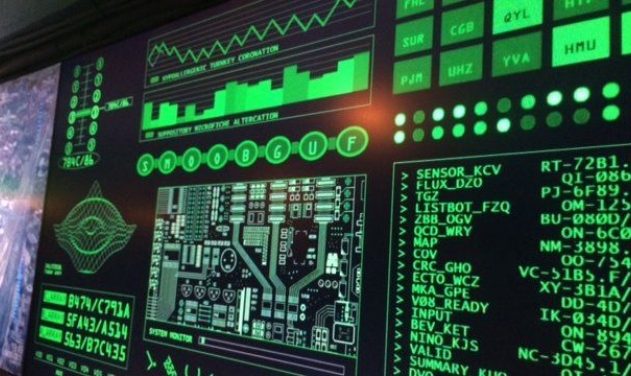
European Union defence ministers have tested their ability to respond to a attack by computer hackers in their first cyber war game Thursday.
The test was based on a simulated attack on one of the bloc’s military missions abroad, Reuters reported Thursday.
Hackers, in the simulation, sabotaged the EU’s naval mission in the Mediterranean. Further hackers also launched a campaign on social media to discredit the EU operations and provoke protests.
However, each of the defence ministers tried to contain the crisis over the course of the 90-minute, closed-door exercise in Tallinn that officials sought to make real by creating mock news videos providing updates on an escalating situation.
The war game held to keep EU governments awake of the consequence of cyber attacks on critical infrastructure in the EU, German Defence Minister Ursula von der Leyen said.
“The adversary is difficult to identify, the attack is silent, invisible,” Von der Leyen said. “The adversary does not need an army, but only a computer with internet connection” he added.
After a series of global cyber attacks disrupted multinational firms, ports and public services on an massive scale this year, governments are seeking to prevent hackers from shutting down more critical infrastructure or crippling corporate and government networks.
Estonia has put cyber security at the forefront of its six-month EU presidency and proposed the exercise as Tallinn is more concerned about Russia since it seized Crimea from Ukraine in 2014.
Estonia was hit by cyber attacks on private and government Internet sites in 2007. One of the world’s most Internet-savvy countries, with 95 percent of government services online, Estonia has a separate cyber command in its armed forces. But it is not without its vulnerabilities.
International researchers have found a security risk with the chips embedded in Estonian identity cards that could allow hackers to steal people’s identities, although officials said there was no evidence of a hack.
